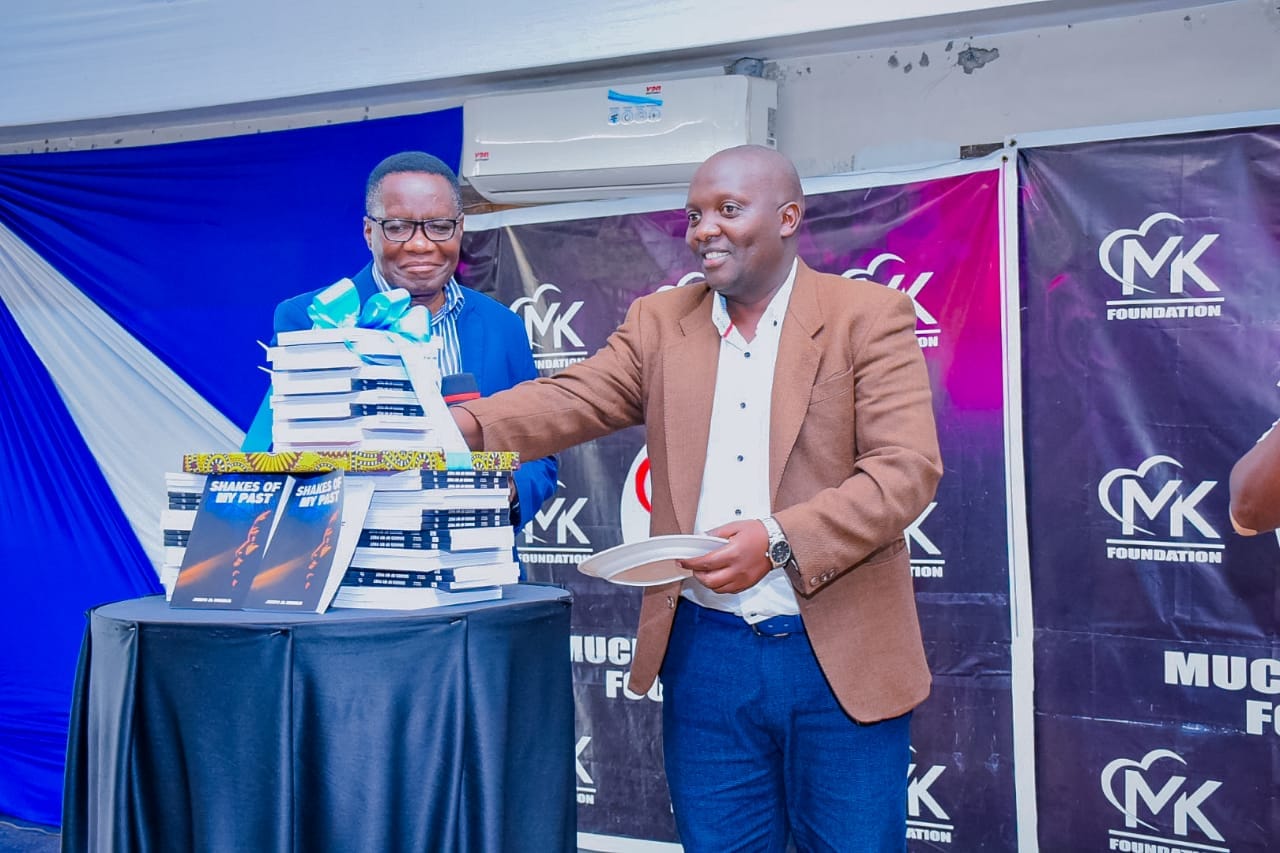The battle against drugs and illicit liquor in Bahati is no longer solely the government's responsibility. It is being fought by those who have faced the abyss, lived through it, and emerged with scars and a mission.
Karanja Muchwe lived as an addict for over two decades, his destructive relationship with alcohol beginning in his teenage years. What initially felt like a thrill and a means of belonging spiraled into a dark abyss that consumed his life.
"I started drinking during high school, and soon the whole village knew I was losing my way," Muchwe reflects. "I thought I was in control, but in truth, alcohol owned me. Twenty years later, with God's help, I stopped drinking."
Today, Karanja is a transformed man. As the leader of the Muchwe Karanja Foundation (MK), he champions the cause of recovered substance abusers, determined to combat the very vice that nearly destroyed him.
The foundation has launched a grassroots campaign across Bahati Sub-county in Nakuru County, rallying communities to confront the rising tide of illicit brews and narcotics. Armed with banners, loudspeakers, and powerful personal testimonies, they are turning the stigma of addiction into a catalyst for change.
Karanja emphasizes the urgency of their mission: “We’re losing an entire generation to cheap liquor and hard drugs. This isn’t just a personal struggle; it’s a national threat.”
Read More
He is not alone in this fight. Allan Wachira, a primary school teacher at Jacaranda, shares a similarly harrowing story. At 25, he was in love and hopeful, ready to settle down. But his alcohol dependency shattered that dream, leading to a breakup that plunged him deeper into addiction. He found himself drinking openly, often passing out in the streets.
"My loved ones tried everything," Wachira recounts. "But I was too far gone. Even after an accident that left me with a broken leg, I kept drinking."
It wasn’t until 2023, waking up on a cold pavement, that he decided to reclaim his life. Now sober, Wachira joins other reformed addicts in visiting schools, churches, and community forums, sharing their stories and warning the youth about the dangers of addiction.
They know the power of personal testimony, and it is making a difference.
“We’ve seen real change,” Karanja asserts. “Young people approach us afterward, asking for help. That’s why we keep going.”
Their movement has garnered the attention of local leaders. Mutukanio Senior Chief Paul Mbuthia walks alongside the group, advocating for a coordinated approach to combat drug and alcohol abuse. He is calling for stricter laws, urging courts to impose harsher bail conditions and penalties for those selling illegal brews, aiming to cut off supply while the MK Foundation tackles demand.
Counselors like Catherine Ngugi warn that time is of the essence. She describes many young people as "turned into zombies," drained of purpose. According to her, 79% of youth drink due to unemployment, not merely peer pressure. An alarming 97% admit that alcohol impairs their ability to work, think, or dream.
“We are enduring tough economic times, and many are trying to numb the pain. That’s why some turn to alcohol and drugs—to escape their struggles,” Ngugi explains.
The battle against drugs and illicit liquor in Bahati is no longer solely the government's responsibility. It is being fought by those who have faced the abyss, lived through it, and emerged with scars and a mission.
For individuals like Karanja and Wachira, every life saved is a testament that even from the deepest darkness, light is still possible.



-1772102940-md.jpg)


-1772090413-1772095461-md.jpg)
-1772094026-md.jpg)

-1772102940-sm.jpg)


-1772090413-1772095461-sm.jpg)